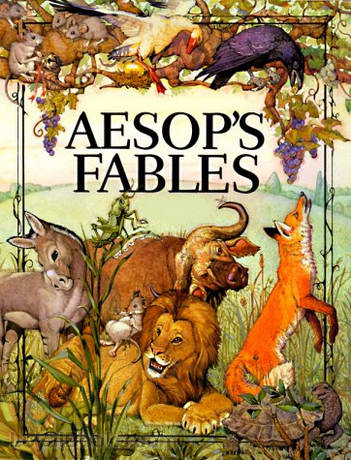In reference to several of the recent posts on this blog, my wife has pointed out, “For an agnostic, you’ve been quoting scripture an awful lot.” And each time, I come back with the same justification, “There is a lot of wisdom in both the Old and New Testaments which should not be ignored just because you question whether it is divinely inspired.” However, the more I thought about her comment, I wondered if it made any difference whether biblical texts were the “literal word of God” or nothing more than the writings of thoughtful individuals.
I often wonder if the teachings of Moses, Jesus and Muhammad would have more universal appeal if they were not tied to a parochial religious movement. Would the history of the world been significantly changed? Did these thought leaders fear their message would be ignored without the backing of some almighty power?
Comedian Lewis Black reminds us the Old Testament was written at a time when humans were “one hair short of being an orangutan.” Was an invisible “boogeyman” necessary to keep these semi-savages in line? Did Jesus question whether anyone would listen to the sermons of a carpenter who was born in a barn? Did Muhammad think no one would heed an orphan who spent 34 years in a cave before emerging as a prophet of Allah?
 Which brings me to the title of today’s post. In many cases, the morals contained in Aesop’s Fables are not much different from the lessons and parables in the holy books associated with any religion. “The Fox and the Sour Grapes” is about coveting and envy. “The Ant and the Grasshopper” reminds us hard work and good deeds are rewarded. “The Tortoise and the Hare” is about the virtues of patience and perseverance.
Which brings me to the title of today’s post. In many cases, the morals contained in Aesop’s Fables are not much different from the lessons and parables in the holy books associated with any religion. “The Fox and the Sour Grapes” is about coveting and envy. “The Ant and the Grasshopper” reminds us hard work and good deeds are rewarded. “The Tortoise and the Hare” is about the virtues of patience and perseverance.
So, why didn’t Aesop become the central figure of a major world religion? Like Jesus, he came from humble origins. He was a slave in ancient Greece believed to have lived some time between 620-564 BCE. His stories re-emerged during the Renaissance when they were used as ethical guides in European schools. Aesop departs from Moses, Jesus and Muhammad in that he never claimed his storytelling was a mission ordained by a divine being. Nor did he suggest any unique connection to or communication with a god or supernatural entity.
There is one other major difference between Aesop’s Fables and the Torah, New Testament or Quran. To my knowledge, no civilization has ever launched a crusade or jihad in the name of the ant, the tortoise or even the fox.
For what it’s worth.
Dr. ESP
DR. ESP — AMEN TO YOUR LAST PARAGRAPH…
Fables by one definition: fictitious, false. So maybe the branding was wrong?